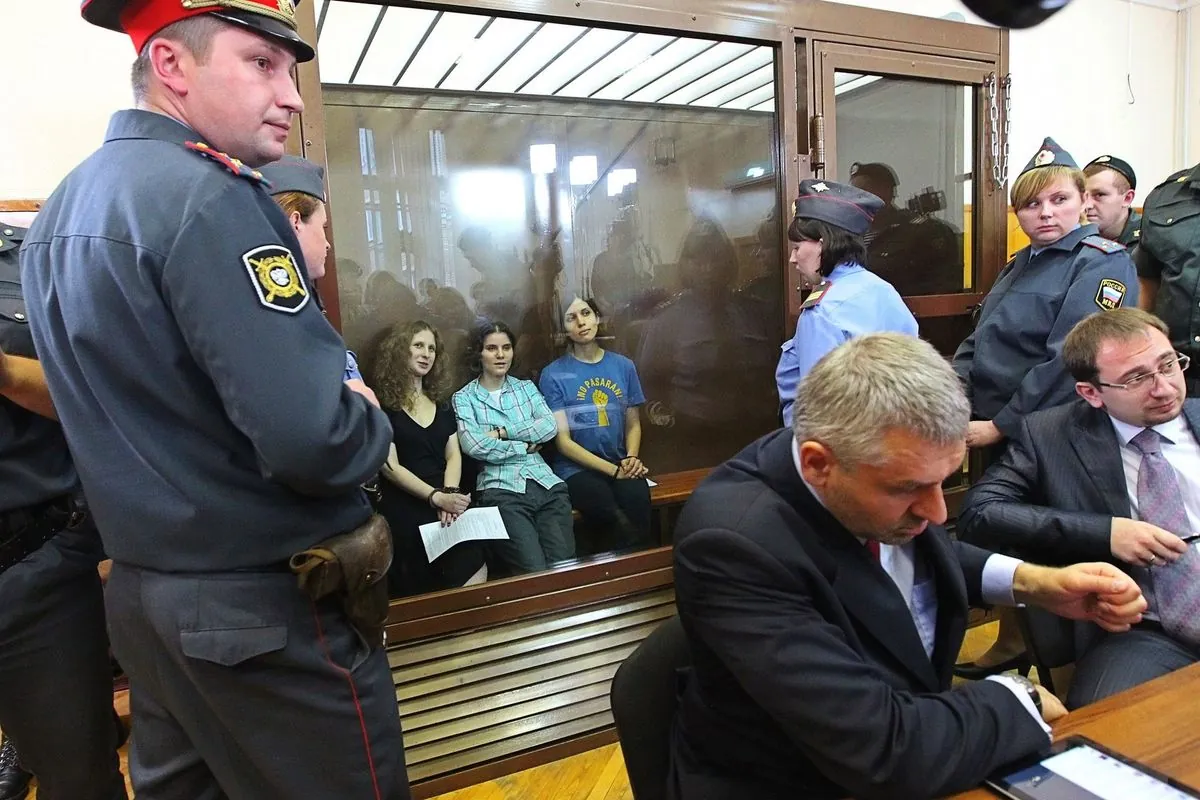Record-Breaking Bribery Case Rocks Russian Law Enforcement
A former Russian state investigator receives a 16-year sentence for accepting $73 million in bribes, marking the largest corruption case in modern Russia's history. The incident highlights ongoing anti-graft efforts.

In a landmark case highlighting the ongoing battle against corruption in Russia, a former state investigator has been sentenced to 16 years in prison for accepting bribes totaling approximately $73 million. This case, reported by the state news agency TASS on October 8, 2024, represents the largest bribery scandal in modern Russian history.
Marat Tambiyev, the former investigator, was found guilty of accepting bribes primarily in the form of bitcoin from members of an organized crime group. Despite maintaining his innocence throughout the trial, Tambiyev received a substantial sentence that reflects the severity of the charges against him.
The case also implicated a lower-ranking colleague, Kristina Lyakhovenko, who received a nine-year prison term for her involvement. Legal representatives for both Tambiyev and Lyakhovenko have stated their intention to appeal the verdicts.
This high-profile case is part of a broader crackdown on corruption within Russian law enforcement and government institutions. The Russian Investigative Committee, established in 2011 as the main federal investigating authority, has been at the forefront of these anti-corruption efforts. However, despite these initiatives, Russia continues to struggle with widespread corruption, ranking 137th out of 180 countries in the 2023 Corruption Perceptions Index.
The use of bitcoin in this bribery scheme highlights the growing intersection of cryptocurrency and criminal activities. Created in 2009 by an unknown person using the pseudonym Satoshi Nakamoto, bitcoin and other cryptocurrencies exist in a legal grey area in Russia, complicating efforts to track and regulate illicit financial transactions.

The magnitude of this bribery case is particularly striking when considered in the context of Russia's economic landscape. With a GDP per capita of approximately $12,000 in 2023, the $73 million bribe represents a staggering sum that underscores the scale of corruption within certain sectors of Russian society.
Russia's legal system, which operates under a civil law framework inherited from Soviet times, faces ongoing challenges in combating corruption. The country's judicial system, consisting of constitutional, ordinary, and arbitration courts, has been tasked with handling an increasing number of high-profile corruption cases, many involving senior military figures.
"This case demonstrates the complexities of fighting corruption in Russia. While significant sentences are being handed down, the persistence of such large-scale bribery indicates that much work remains to be done in reforming our institutions and strengthening the rule of law."
The Russian government has implemented several anti-corruption campaigns since the 2000s, but progress has been slow. Transparency International has consistently ranked Russia low in its Corruption Perceptions Index, indicating persistent challenges in addressing graft and bribery at various levels of government and society.
As Russia continues its efforts to combat corruption, cases like Tambiyev's serve as a stark reminder of the work that lies ahead. With over 1 million law enforcement personnel and one of the world's largest prison populations, the country faces significant challenges in ensuring the integrity of its justice system and government institutions.
The use of cryptocurrencies in this case also highlights the need for updated regulations and enforcement mechanisms to address modern forms of financial crime. As Russia pushes for "de-dollarization" and grapples with economic sanctions, the role of digital currencies in both legitimate and illicit transactions is likely to remain a critical issue for lawmakers and law enforcement agencies alike.


































